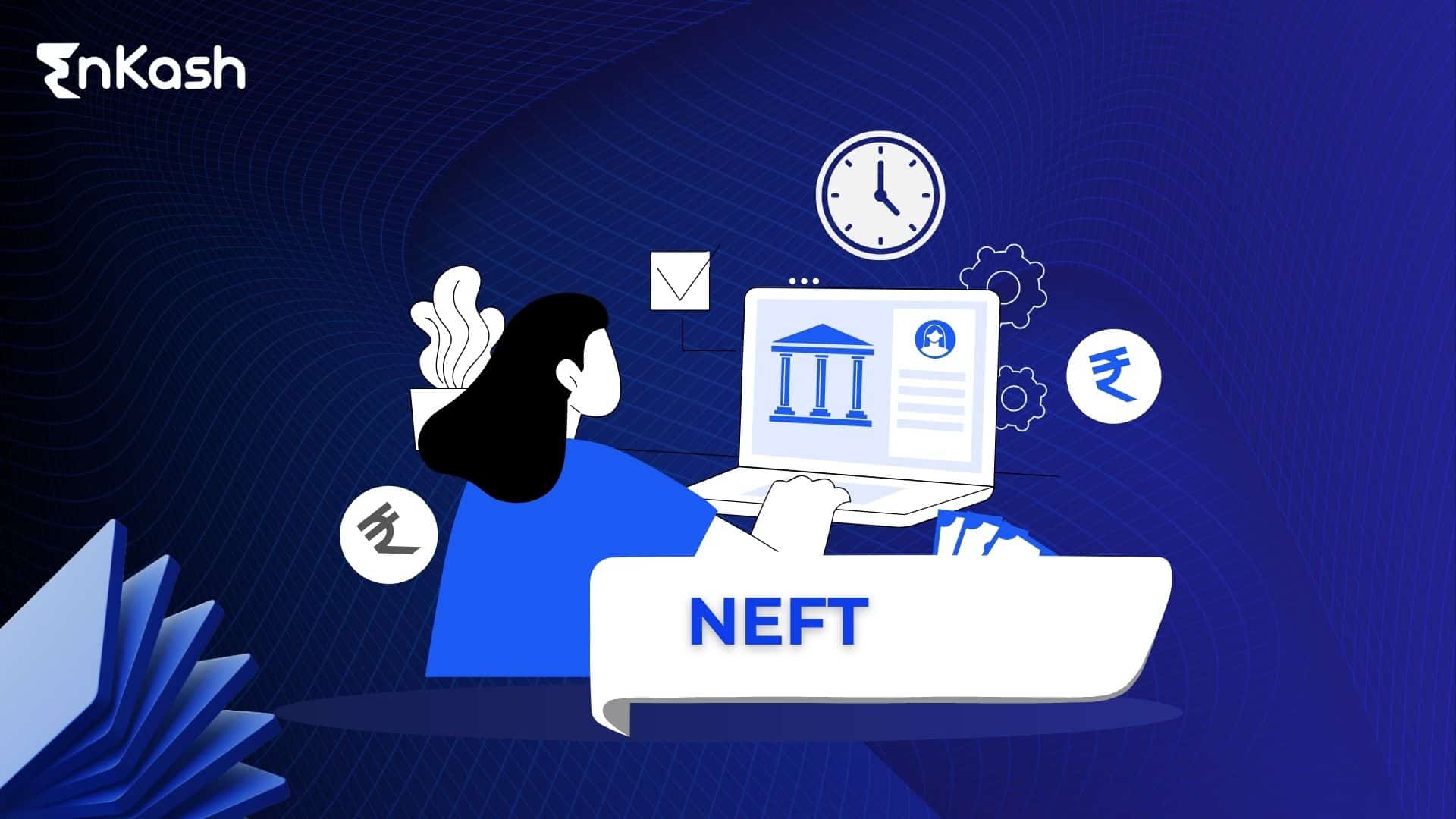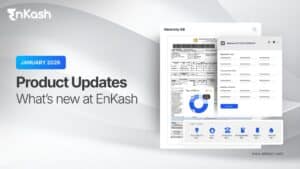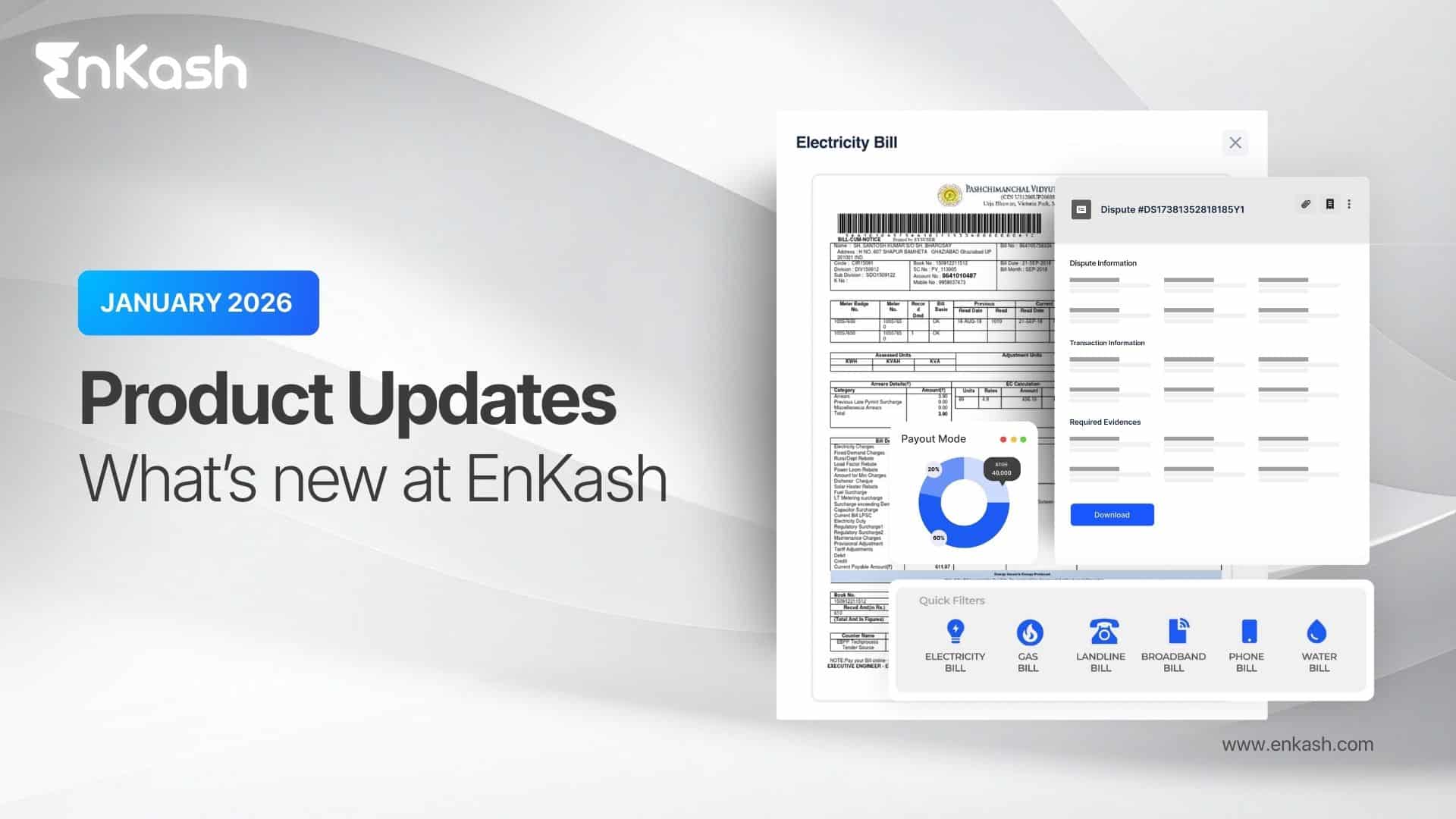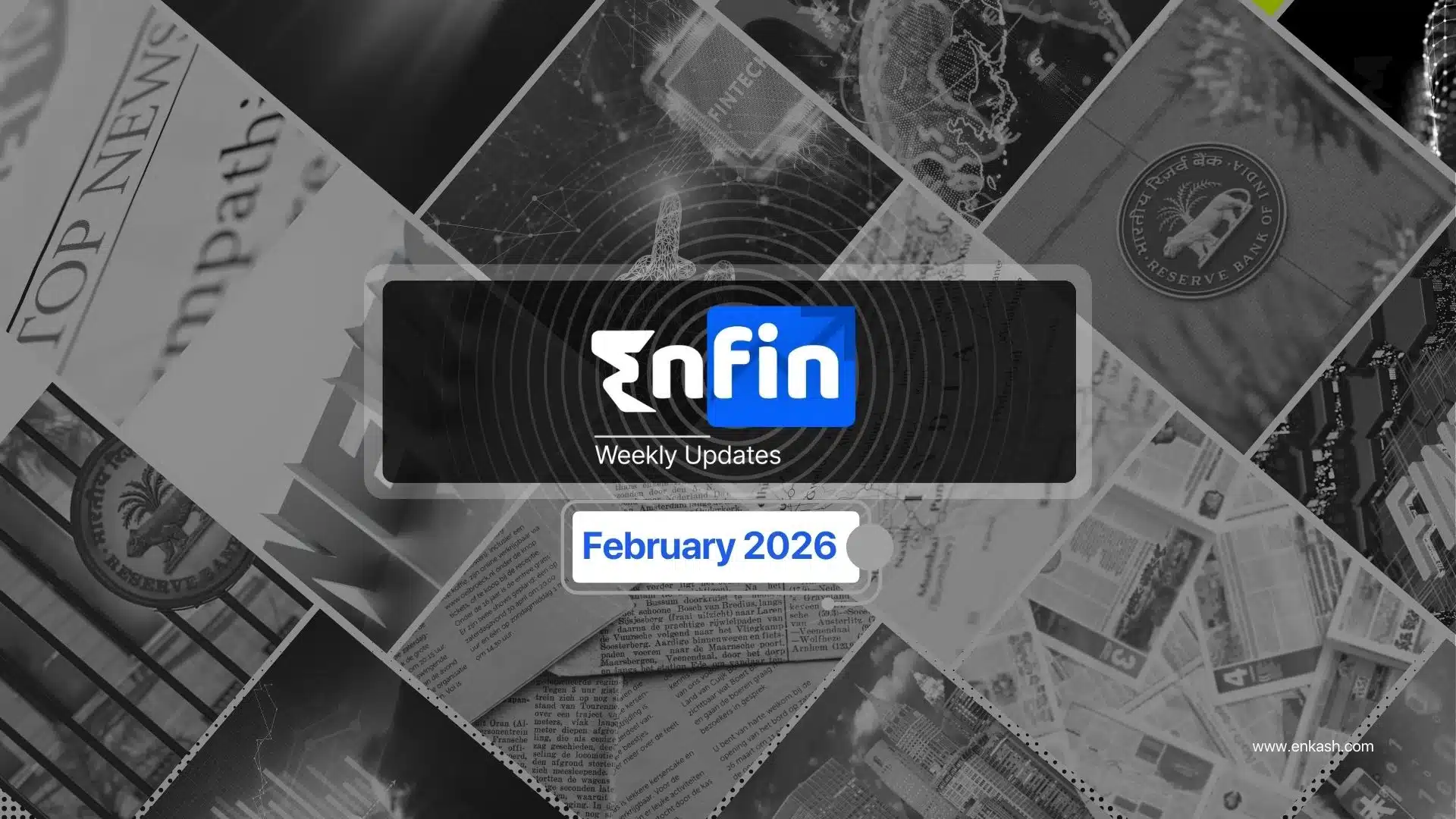In today’s digital banking era, NEFT (National Electronic Funds Transfer) has become one of the most widely used payment systems in India. Whether it’s transferring money to family, paying suppliers, or handling routine business transactions, NEFT offers a safe and reliable way to move funds from one bank account to another. Unlike older manual methods, NEFT ensures secure, RBI-regulated electronic transfers, making it a preferred choice for individuals and businesses alike. With NEFT Full Form, meaning, and updated NEFT Timings often being searched by users, this guide will help you understand everything you need to know about NEFT in 2025—how it works, charges, benefits, and transaction hours.
What is NEFT?
NEFT Full Form: National Electronic Funds Transfer
NEFT (National Electronic Funds Transfer) is India’s most widely used electronic payment system for secure, reliable, bank-to-bank money transfers. Launched by the Reserve Bank of India (RBI), NEFT enables individuals and businesses to transfer funds digitally between bank accounts across India without the need for cash or cheques. NEFT operates on a deferred net settlement (DNS) basis, which means transactions are processed in batches at scheduled intervals throughout the day.
NEFT enables one-to-one fund transfers and works on a batch processing system, meaning transactions are settled in groups at regular intervals instead of instantly. Today, NEFT services are available 24×7, making it convenient for online payments, bill payments, business transactions, and personal transfers.
Unlike cash or cheque payments, NEFT provides a digital, traceable, and secure method of transferring funds. The money is credited directly to the beneficiary’s bank account using details such as:
- Beneficiary name
- Bank name
- Account number
- IFSC code
NEFT is commonly used for salary payments, vendor payments, loan EMIs, utility bills, and interbank transfers, especially when large amounts need to be transferred safely without handling cash.
In simple terms, NEFT is a reliable online banking system that helps move money between bank accounts anywhere in India in a structured and secure manner.
How Does NEFT Work?
Here’s a step-by-step breakdown of the process:
- You can start the NEFT transfer process from any of these 3 methods, i.e., by using your bank’s internet banking platform, mobile banking app, or by visiting a branch.
- You have to give the recipient’s bank account details, including full name, account number, IFSC code (Indian Financial System Code), and the amount you wish to transfer.
- For online NEFT transactions (via internet or mobile banking), there are no charges as per RBI guidelines. However, banks may levy nominal charges for NEFT requests initiated at branches.
- The NEFT system groups your transactions with others for settlement at specific intervals.
- The NEFT system verifies the details and transfers the funds to the recipient’s account.
NEFT Timing Changes by RBI
The Reserve Bank of India (RBI) has upgraded the NEFT (National Electronic Funds Transfer) framework to support round-the-clock online transactions, operating 24×7 throughout the year, including weekends and bank holidays. This enhancement has significantly improved the accessibility of digital fund transfers, allowing both individuals and businesses to move money at any time without being restricted by traditional banking hours. As a result, NEFT has become a more flexible, reliable, and user-friendly payment system within India’s digital banking ecosystem.
Key Highlights of NEFT Timings in 2025
- NEFT is available 24×7, including weekends and holidays (via online banking).
- Transactions are processed in 48 half-hourly batches daily, i.e in, every 30 minutes.
- Branch-based NEFT transactions are subject to the respective bank’s working hours.
- Even though NEFT is round-the-clock, some banks may have system downtime during night hours for maintenance.
With these updates, NEFT has become one of the most reliable and convenient payment methods in India, especially for individuals and businesses looking for a cost-effective way to transfer funds.
NEFT Transfer Rules, Cut-Offs & Tips (2024)
- Bank Holidays: NEFT transfers initiated online are available 24×7, even on national holidays. However, NEFT requests made at bank branches follow branch holiday schedules.
- Individual Bank Timings: While you can access and request NEFT transactions online 24*7, there might be specific added functionalities on your bank’s platform that may have their own operating hours. It is best advised to double-check your bank’s website or mobile app for any limitations
- Cut-Off Timings for Same-Day Credit: Some banks might have internal cut-off timings for processing NEFT requests initiated at branches. So, if you want the money to be deposited into the beneficiary’s account on the same day, it is advisable to inquire about these cut-off timings with your bank to ensure same-day credit.
Details Required to Initiate an NEFT Transaction
To initiate an NEFT transfer, you’ll need the following information:
- The full name of the person or entity you are transferring money to
- The bank account number of the beneficiary
- The IFSC code of the receiver’s bank branch.
- The total amount you want to transfer
- Your full name as given in your bank records
- Your bank account number
It’s advisable to double-check all the beneficiary details before initiating the NEFT transfer to avoid any errors or delays.
NEFT Holidays
There are some specific dates in a year when the banks don’t operate, and it is important to know such dates beforehand so that you can plan your NEFT transactions accordingly. These holidays can either be RBI-declared or regional holidays, depending on the specific geography.
Aspect |
Current NEFT Status (RBI Framework) |
What It Means for Users |
|---|---|---|
NEFT on Sundays |
Operational 24×7 |
Online NEFT transfers are processed even on Sundays without interruption |
NEFT on 2nd & 4th Saturdays |
Operational |
Digital NEFT settlements continue as usual despite bank branch closures |
NEFT on Public Holidays |
System remains active |
RBI’s NEFT system works round the clock, even on national and public holidays |
In-Branch NEFT Services |
Unavailable on bank holidays |
Physical form submission at bank branches is not possible when banks are closed |
Online NEFT (Net Banking / Mobile Banking) |
Available 24×7×365 |
Users can initiate transfers anytime, including weekends and festivals |
Transaction Settlement |
Processed in half-hourly batches continuously |
Funds are credited throughout the day and night in scheduled settlement cycles |
RBI Holiday Calendar Impact |
Affects branch operations, not system processing |
Only offline banking is impacted; digital NEFT remains functional |
NEFT Holidays Declared by RBI
Even though NEFT (National Electronic Funds Transfer) is now available 24×7 online, the Reserve Bank of India (RBI) still designates certain NEFT holidays when in-branch fund settlement and physical banking operations are paused. These days generally align with official RBI bank holidays and affect fund movements processed at a banking branch.
Holiday |
Typical Date |
Impact on NEFT |
|---|---|---|
Republic Day |
26 January |
Branches closed; online NEFT works |
Good Friday |
March/April (varies) |
Only branch services paused |
Independence Day |
15 August |
System active; branch closed |
Gandhi Jayanti |
2 October |
Digital transfers continue |
Christmas Day |
25 December |
NEFT online remains available |
State-specific festivals |
Varies |
Depends on regional bank closures |
Read more: Top 10 Banks in India.
NEFT Transaction Charges
NEFT transfer charges generally differ from bank to bank, depending on the transaction amount. Here’s a table with the general breakdown of NEFT charges according to transaction amount:
Transaction Amount |
Charges |
|---|---|
Up to ₹10,000 |
₹ 2.50 + GST |
₹10,001–₹1 lakh |
₹ 5 + GST |
₹1 lakh–₹2 lakh |
₹ 15 + GST |
Above ₹2 lakh |
₹ 25 + GST |
Please note: Charges may vary across banks; many banks offer zero fees.
Benefits of Using NEFT
NEFT offers several advantages over traditional methods of money transfer. Here are some of the key benefits:
- Convenience: NEFT transactions can be initiated 24/7 through online banking or mobile banking apps, eliminating the need to visit a bank branch during business hours
- Speed: Compared to methods like checks or money orders, NEFT transfers are much faster. Online NEFT transactions are settled in batches throughout the day, while NEFT transactions initiated at a branch may take a bit longer, depending on the bank’s cut-off timings
- Security: NEFT transactions are secure as they are processed through a verified and regulated network. The RBI oversees the NEFT system, ensuring the safety of your funds
- Cost-effective: NEFT charges are generally nominal compared to other money transfer methods. There are no charges for online NEFT transactions for some banks
- Nationwide Reachability: NEFT transfers can be sent to any bank account in India, regardless of the location of the beneficiary’s bank
Conclusion
NEFT (National Electronic Funds Transfer) is a secure, convenient, and cost-effective way to transfer money between bank accounts in India. With the changes implemented in December 2020, online NEFT transactions are now facilitated 24/7, offering greater flexibility for individuals and businesses. This guide has equipped you with all the necessary information regarding NEFT timings, charges, NEFT holidays in 2024, and the benefits of using NEFT. By understanding these aspects, you can ensure smooth and timely fund transfers using NEFT.
Frequently Asked Questions:
1. What is the full form of NEFT?
The full form of NEFT is National Electronic Funds Transfer.
2. How to check NEFT transaction status?
You can check the status of your NEFT transaction through your bank’s internet banking platform or mobile banking app. The option to track the transaction status might be under ‘Transactions’ or ‘Money Transfer’. You can enter the reference number associated with your NEFT transaction to view its status.
3. What is the maximum limit for an NEFT transaction?
There is no maximum limit for NEFT transactions. However, some banks may set their own upper limits on NEFT transfers. It’s advisable to check with your bank for their specific NEFT transaction limits.
4. How much time does NEFT take to be settled in the beneficiary’s account?
For online NEFT transactions, the transfer is processed in batches throughout the day. The actual crediting of funds to the recipient’s account can vary slightly depending on the NEFT payment time and the settlement batch cycle. It typically takes 30 minutes for the transfer to be processed in a batch. NEFT transactions initiated at a branch may take a longer time depending on the bank’s cut-off timings.
5. Are NEFT transactions secure?
NEFT transactions are secure as they are processed through a verified and regulated network. The RBI oversees the NEFT system, ensuring the safety of your funds.
6. What happens if I give any wrong information while initiating an NEFT transaction?
If you provide any incorrect information while initiating an NEFT transaction, the transfer may not be processed successfully. The bank may notify you about the error and request you to re-initiate the transaction with the correct details. In some cases, the transaction might bounce back if the account details are invalid.
7. Can I cancel the NEFT transfer?
Unfortunately, NEFT transactions cannot be canceled once they are submitted. However, if you have initiated the transfer by mistake and the funds haven’t been credited to the beneficiary’s account yet, you can contact your bank to inquire about the possibility of stopping the transfer. The success of stopping the transfer will depend on whether the transaction has already been processed or not.
8. Is NEFT better than IMPS?
It depends on your need. NEFT is best for scheduled payments or bulk transfers, as it works in half-hourly batches and usually has lower or no charges. IMPS is better for urgent, real-time transfers because it works 24×7, including holidays, and money is credited instantly.
9. What is the NEFT settlement cycle?
NEFT transactions are settled in half-hourly batches, 24×7 (including Sundays and bank holidays). That means your transfer will be processed in the next available half-hour slot, making it almost near-real-time.
10. Can NRIs use NEFT?
Yes. NRIs can use NEFT through their NRE/NRO bank accounts for transferring funds within India, provided their bank offers NEFT facility on internet banking or mobile banking.









